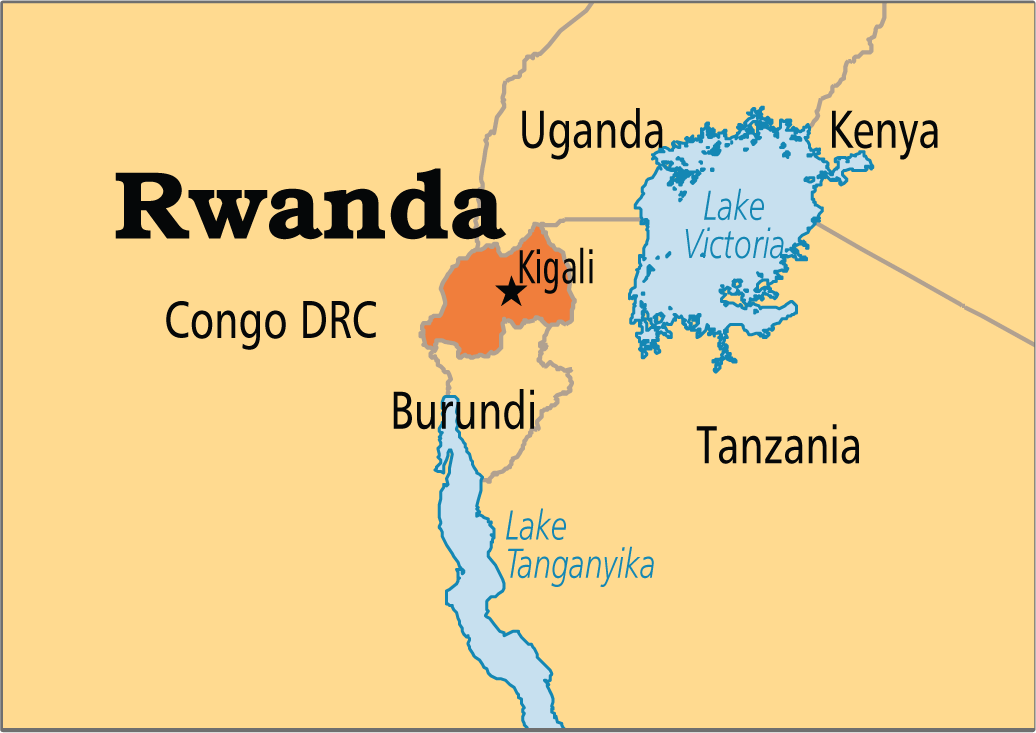
Cultural awareness training comes to Rwanda
Impact Route is a new Rwandan social enterprise that provides cultural awareness and cultural intelligence training to bridge cultural gaps and facilitate cross-cultural interaction.

It is the brainchild of Justin Ngoga, a certified Cultural Intelligence trainer and the first Rwandan to be certified in the field of Cultural Intelligence. He was certified by the Cultural Intelligence Center, a leading organization in intercultural training and research-based in the US, but with rotational trainings in the US, Canada, Europe, and Asia.
“Working in multicultural organisations (One Acre Fund, where I was the Director of Training and Development department), Peace Corps, VSO, and Kivu Gap Year, a US Gap Year Program, I saw the need for intercultural education programs in Rwanda. In the last 8 years working across cultures I have witnessed so many cross-cultural conflicts which could have been easily avoided if people had a few hours of cultural awareness training,” Ngoga explains the genesis of his initiative.
Impact Route mainly provides two intercultural training programs; Rwanda Cultural Awareness Training, and Cultural Intelligence training.
The first is a training program that helps internationals visiting, living or working in Rwanda to understand Rwandan cultural values, behavior and mannerism. The aim, Ngoga explains, “Is to reduce the amount of cultural shock that people experience and help them enjoy their time in Rwanda.”
Cultural Intelligence Training is the other program. Ngoga describes cultural intelligence as “a social skill related to emotional intelligence, but it picks up where emotional intelligence leaves off, it’s the ability to work, interact and relate with people from different cultural backgrounds. It’s cultural agility –being able to sway between different cultures”. His core audience is corporate and NGOs with multicultural teams.
“Intercultural skills are no longer a luxury for one to have. It’s a competency that someone should have, especially in tourism, because you can’t assist someone until you know their expectations. You can’t give good service if you don’t understand people’s cultural expectations. So cultural training is very important, especially in Rwanda where we want to create a service-based economy. If we want to attract tourists, we have to make sure the people working in the tourism and hospitality industry are culturally intelligent, which then puts them in position to assist people from different cultural backgrounds.”
In the near future, he hopes to introduce cultural intelligence training in Rwandan schools and universities, “because I believe that we need to develop talents with the capacity to think and act at a global level, and of course, develop global citizens. Being a global citizen is, to me, the ability to work and relate with global people and global cultures”.
With The Rwanda New Times






